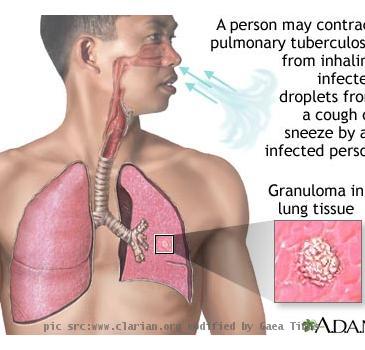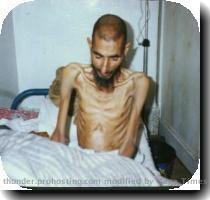South Africa, changing track on AIDS, faces lack of resources and stigmas
By Nastasya Tay, APSaturday, May 8, 2010
S.Africa, changing track on AIDS, faces challenges
NDULINDE, South Africa — South Africa’s renewed commitment to combat AIDS has drawn praise, but in the worst-hit province in the worst-hit country in the world, life — and death — hasn’t changed much because of stigma and a lack of resources.
After years of official denial and delay, South Africa’s government last year embarked on an anti-AIDS drive that will stretch its human and cash resources, perhaps to breaking. The first step began in April, when South African President Jacob Zuma launched a counseling and testing campaign, aiming to test 15 million people and distribute 2.5 million condoms.
This week at an AIDS clinic in Ndulinde, about 55 miles (90 kilometers) north of the main KwaZulu-Natal province town of Durban, nurses said despite what the government says is one of the largest initiatives to fight the spread of AIDS, nothing has changed because they don’t have the time or the personnel.
Ndulinde clinic’s five staff members — only two registered nurses, none are doctors — say they already are struggling to cope with the up to 300 patients daily.
South Africa, a country of some 50 million, has an estimated 5.7 million people infected with HIV, more than in any other country.
KwaZulu-Natal is South Africa’s most populous province located on the east coast along the Indian ocean. Here, according to South African officials, 38.7 percent of pregnant women tested at clinics are HIV positive, well above the national average.
Dr. Iqbal Master, who heads the tuberculosis section at KwaZulu-Natal hospital King George V, said the new testing campaign would mean people would be able to start AIDS drugs earlier, and more lives would be saved. But he said King George V was already struggling with staff and drug shortages, and he worried how he would cope with more patients.
In rural Ilembe, a few miles (kilometers) from Ndulinde, short-staffed clinics, peer pressure and deeply ingrained stigma make battling the epidemic as difficult as ever.
P.Y. Nkosi, a 16-year-old in Ilembe said it is “in style” among teens to drink, smoke and have sex as early as 12 or 13.
Nkosi’s mother is HIV positive and hasn’t told her other children. Nkosi believes she won’t speak about it with the rest of the family because she wants to protect them.
“Here, if you have HIV, people laugh at you and think you’re going to die. And that you’ve done bad things,” Nkosi said.
Lethiwe Zulu, a field officer for the aid group Humana People to People that campaigns to get people tested, said that perhaps negative stereotypes could be changed if Cabinet members start disclosing their status. President Zuma announced in late April that his most recent HIV test result was negative.
“They should all do it and encourage all South Africans to do it,” Zulu said.
Tags: Africa, Diseases And Conditions, Epidemics, Infectious Diseases, Ndulinde, Public Health, South Africa, Southern Africa

